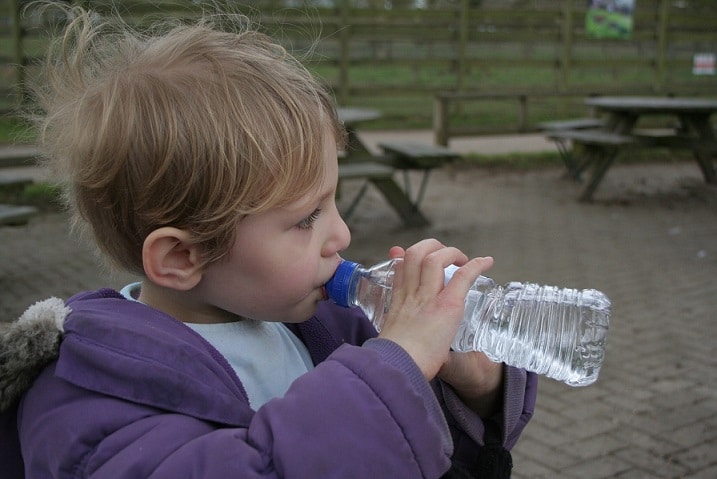Clean water is life-sustaining, but most people don’t really think about where their water for drinking, food preparation, and sanitation purposes comes from. In developing nations the situation is very different and the search for safe drinking water can be a daily chore.
Millions of people, the majority of which are children, die annually from largely preventable diseases, due to lack of access to clean drinking water and hygienic sanitation.
The scarcity of freshwater results in reduction and even the complete depletion of groundwater, and the drying up of lakes and rivers on which people depend for irrigation and agricultural purposes.
Freshwater shortages lead to food shortages due to the inability to grow food, and climate change adds to the water-shortage concerns that governments on a global scale are dealing with. Around 1.7 billion people globally have being given access to clean drinking water since the 1992 Earth Summit, thanks to governments and NGOs.
This is great, but there are still around 800 million individuals without access to clean water and around 2.7 billion who do not have access to decent sanitation. The global population is expected to rise by around 3 billion within the next 50 years, which means that this problem will become worse.
Approximately 5,000 children die on a daily basis due to preventable water-related diseases such as diarrhoea, dysentery and cholera. Approximately 6 million are blind from preventable ailments such as trachoma due to a lack of potable drinking water and clean water for personal hygiene.
Protecting the freshwater resources that we have and ensuring that there is fresh water for all is of paramount importance. This means using less water, not wasting that which we do have, and recycling and reusing water where we can.
Agricultural water-use accounts for around 70% of the global water usage, and we need to become a lot more efficient with it. This can be achieved by using drip irrigation, growing crops that are more suitable to the local climate, and offering farmers incentives to use water more efficiently.
Buy water coolers and rent water coolers from Living-Water.






